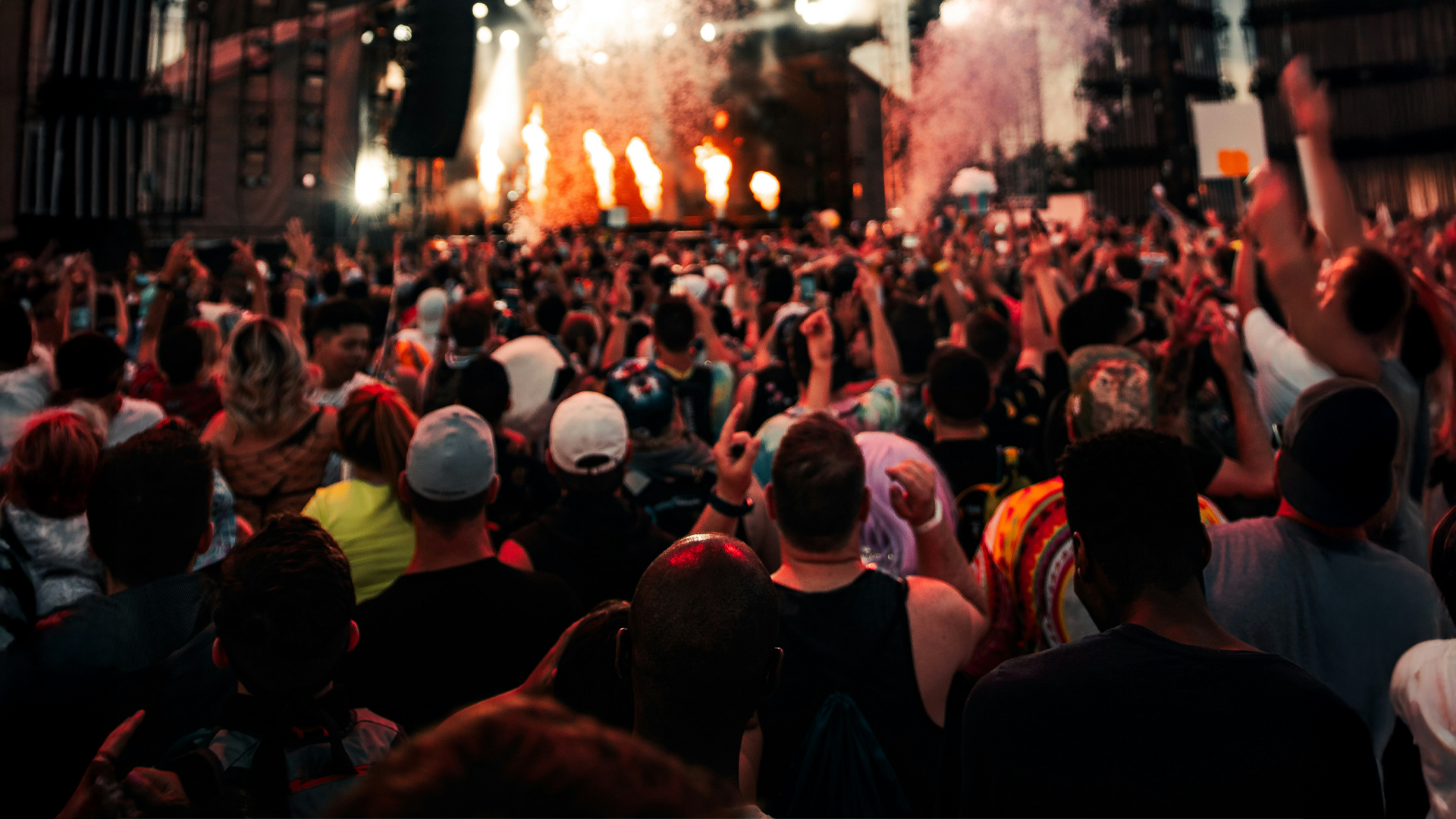Fresh research by the Night Time Industries Association (NTIA) shows that young people in the UK are going out less than they were a year ago.
It seems like Gen Z may be unable to go out in the evenings due to financial pressures.
New research conducted by Obsurvant on behalf of the NTIA indicates that less young people are attending nightclubs. Money pressures, safety concerns and transport hindrances all play a key role, with numbers down for attendance and participation compared to just a year ago.
The study asked 2,001 citizens in the UK aged between 18 and 30 about their leisure activities and behaviours.
61% of participants said they were going out ‘less frequently’ than in the year prior. In addition, only 16% of those surveyed said they go out more after 10pm compared to 2024. Financial worries were the overwhelming main reason for this change, with many saying live events were simply too expensive.
This price increase has been seen in dynamic ticket pricing models and higher fees for live music shows across the board. Oasis caused controversy last year, for example, charging upwards of £400 for some tickets to their reunion shows, leaving many working class people unable to see them.
68% of Gen Zers surveyed said the current economy has reduced their participation in night-time activities. 53% spend less on going out compared to 12 months ago, suggesting that venues everywhere are simply too expensive.
Interestingly, a third of those who took part in the research said they were prone to fear, anxiety, uneasiness or feeling unsafe when going out at night. Just under 70% said better late-night transport options would persuade them to stay out later.
How about actually creating change to incentivise healthier night life activity? It seems like most are fairly jaded, with 50% saying they did not trust the government to address their concerns.
In response to these findings, NTIA said that the UK needed to ‘act now to improve safety and transport infrastructure’ or else ‘risk further decline’. It also called the night-time economy a ‘vital cultural and economic force.’




















